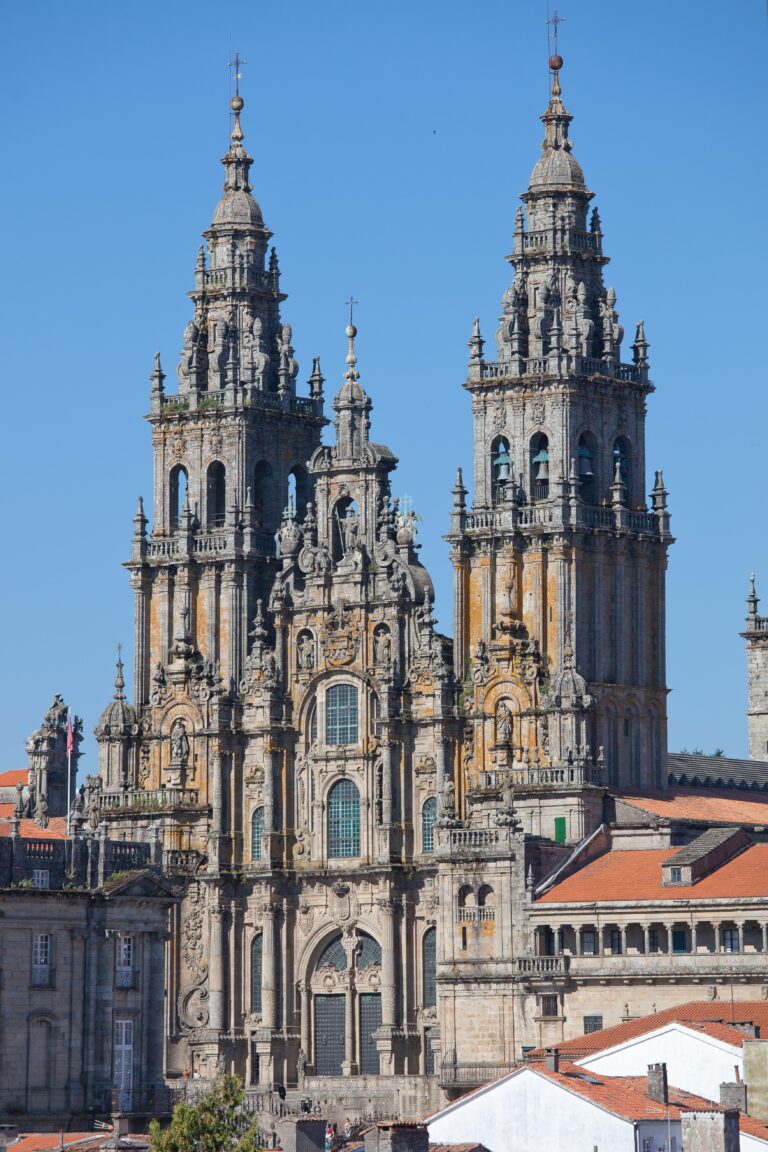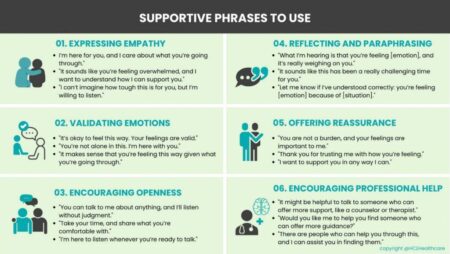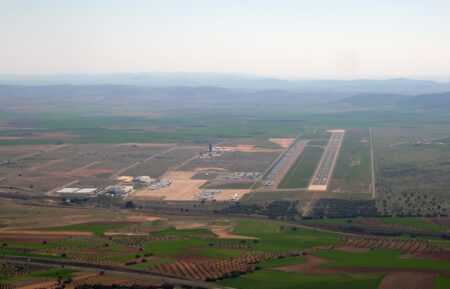The Change of Catholic Spain: Navigating Faith and Tradition in Modern Times
Spain, a nation with a rich Catholic legacy, is currently experiencing important changes that prompt critical reflection on the future of faith within its borders. The Society of St. Pius X (FSSPX), a traditionalist Catholic organization dedicated to preserving authentic doctrine and liturgical practices, has emerged as a key player in this evolving narrative. As secularism becomes more prevalent and societal values shift, the urgency to maintain customary beliefs amidst contemporary influences intensifies. This article examines the present condition of Catholicism in Spain, highlighting the obstacles faced by believers and the pivotal role organizations like FSSPX play in advocating for a return to foundational ecclesiastical principles within an ever-evolving cultural context. Through analysis and insights, we pose an essential question: Is Catholic Spain resilient enough to endure these changes, or are we witnessing its decline?
The Diminishing Role of Catholicism in Spain and Its Societal Consequences
Over recent decades, it has become increasingly clear that the influence of the Catholic Church in Spain is waning as societal values evolve towards secularism. Various factors contribute to this trend: cultural pluralism is on the rise; individual freedoms are prioritized; and there is a noticeable disengagement from conventional religious practices. Recent surveys reveal that while many Spaniards still identify as Catholics,only about 11% attend mass weekly—a stark decline with significant implications for social cohesion as religious education and cultural traditions,once integral to daily life,begin to erode.
The diminishing authority of the Church brings forth several notable societal consequences:
- growing Secularization: Legislative measures increasingly reflect secular ideologies concerning education policies, marriage rights, and reproductive health.
- Cultural Generational Gap: Younger individuals often embrace liberal ideals over religious customs leading to tensions with older generations who hold onto traditional family values.
- Sociocultural Fragmentation: Communities previously united by shared beliefs now experience disconnection as religious gatherings give way to secular events.
This transformation not only impacts church authority but also reshapes national identity—prompting reevaluation about what it means to be Spanish within an increasingly diverse society.
Analyzing the Evolving Religious Landscape: responses from Church Leaders
The shifting religious identity across Spain has elicited varied responses from leaders within different faith communities. With declining church attendance alongside rising secular ideologies gaining traction among citizens, prominent figures within Catholic circles have expressed concern regarding diminishing adherence to traditional values. For instance, Cardinal Juan José Omella , advocates for renewed community engagement—stressing that churches should act as pillars of hope amid rapid societal transformations. Others suggest adapting messages so they resonate more effectively with younger audiences by focusing on pressing issues such as social justice initiatives or environmental concerns.
<pConversely ,conservative factions—including representatives from theSociety of Saint Pius X (SSPX),have voiced alarm at these developments—arguing they signify straying away from core teachings inherent in their faith tradition. During recent assemblies held by SSPX members reaffirmed their commitment towards maintaining orthodox doctrines while cautioning against perceived hazardous compromises made toward modernity’s demands . These contrasting perspectives underscore growing divisions among faith leaders grappling with how best preserve essential tenets while engaging new demographics emerging today .
Approaches To Reinvigorating The Practice Of Faith In A Transformative Cultural Environment
Navigating through this rapidly changing landscape necessitates multifaceted strategies aimed at revitalizing interest around practicing one’s catholic beliefs . Central components include fostering strong community ties where parishes transform into vibrant hubs not just limited worship spaces but also centers promoting social action initiatives . Encouraging parishioners’ involvement through outreach programs can help rekindle feelings belongingness along spiritual responsibilities associated therein . Additionally leveraging technology enables creation virtual ministries such online bible studies prayer groups bridging generational gaps allowing younger catholics engage meaningfully aligning their lives accordingly
A further emphasis should be placed upon cultivating intergenerational dialogue enriching spiritual experiences available throughout communities inviting older members share stories alongside youth creating tapestry shared experiences together Targeted catechetical approaches addressing contemporary challenges moral relativism & increasing prevalence secular world will equip catholics stronger understanding foundations underpinning belief systems To effectively monitor progress made via these efforts parishes might consider implementing periodic assessments gauging levels engagement growth spiritually over time outlined below :
| Main Focus Area | Description/Activities Involved | Status Update frequency | |
|---|---|---|---|
| Community Outreach Initiatives | Local service projects outreach programs targeting needs identified locally | Quarterly Updates | |
| digital ministry offerings | Online Bible study sessions digital prayer meetings connecting participants virtually | Monthly Reviews | |
| intergenerational Sharing Events | Sessions encouraging sharing between various age groups fostering connections | Bimonthly Gatherings | |
| Catechetical Workshops Addressing Current Issues <tdEducational classes tackling modern-day challenges facing congregants <tdOngoing Sessions | |||




